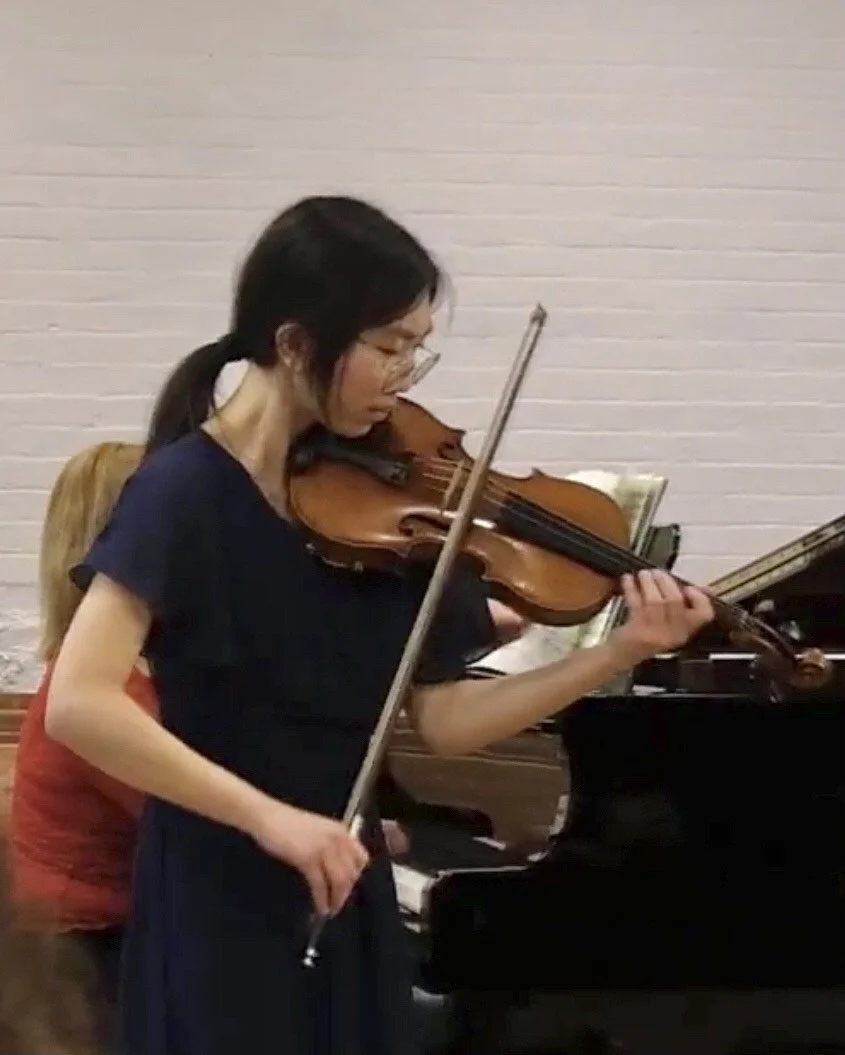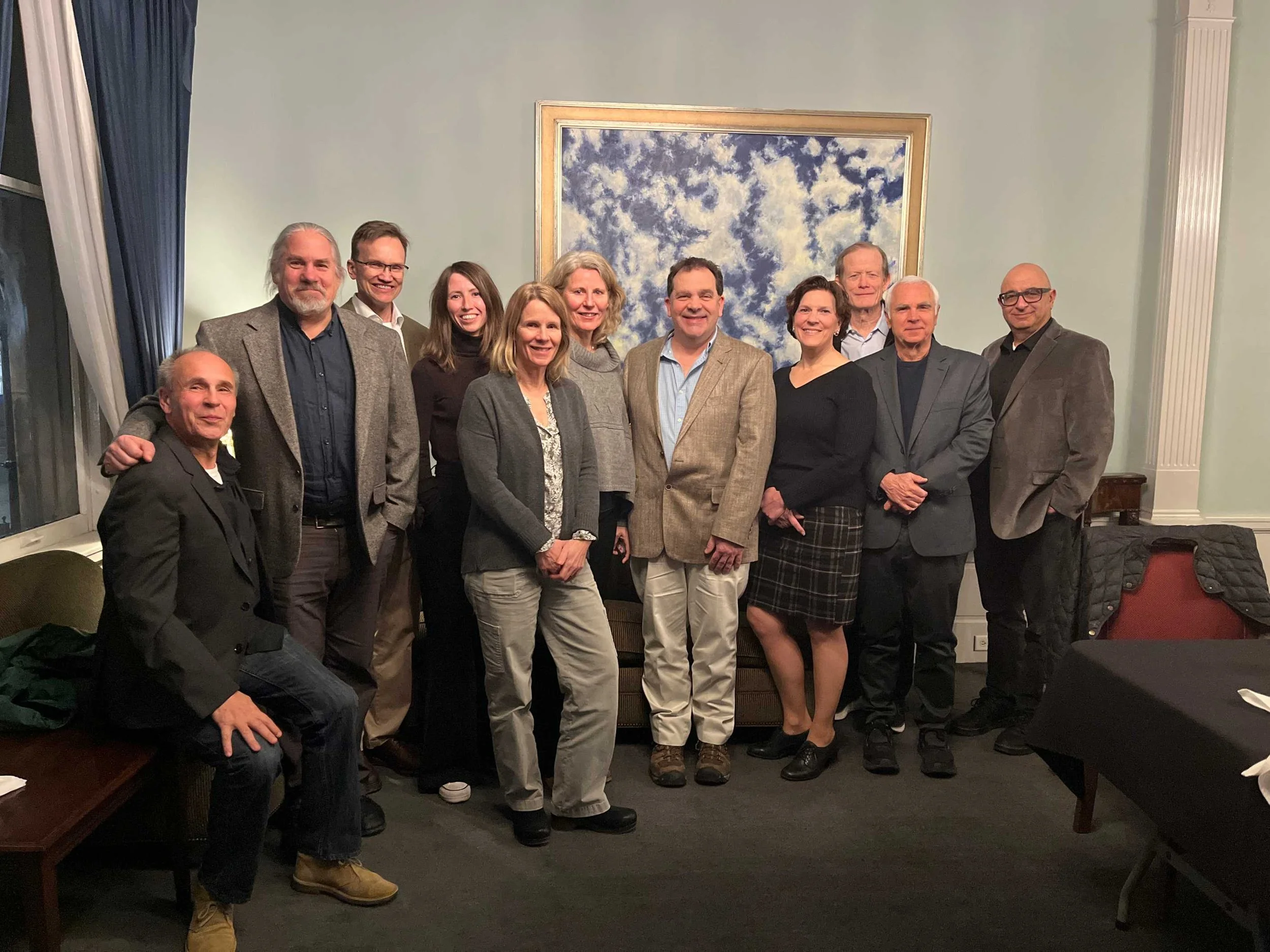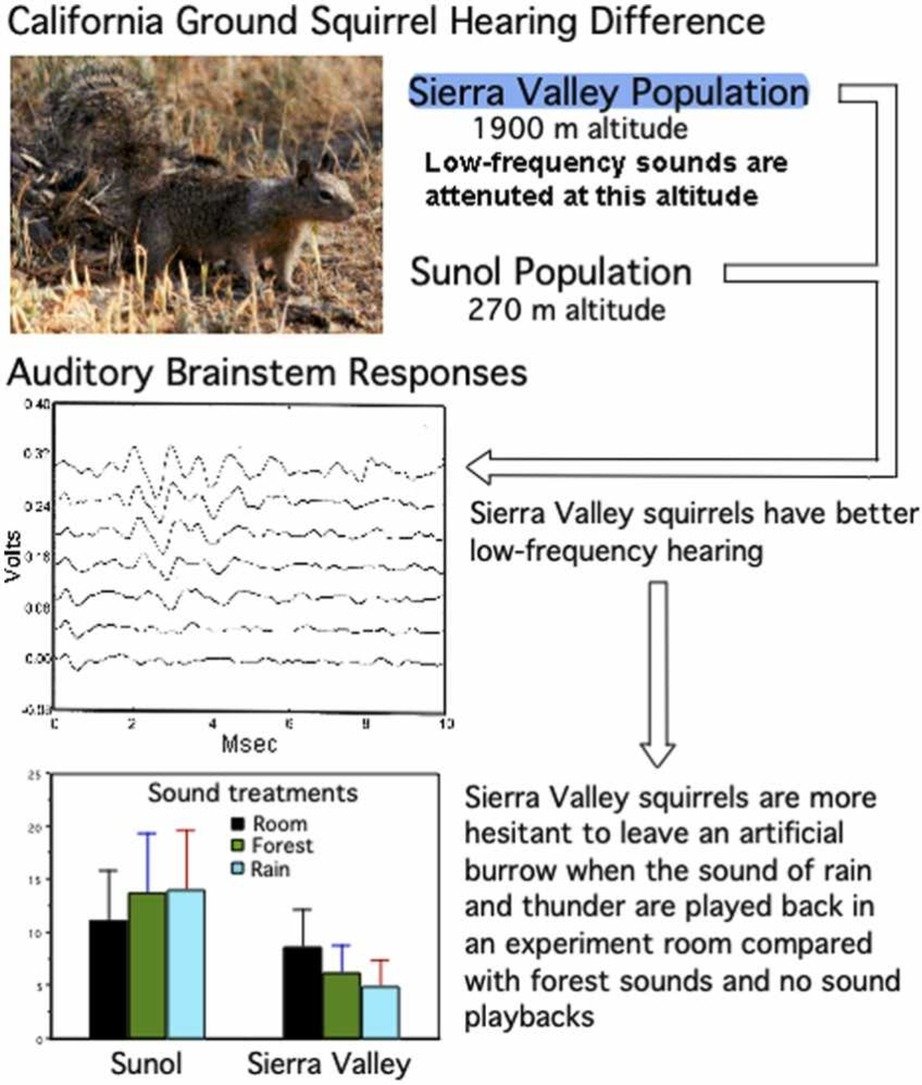By Lisa Giles
I was born in 1985 but not diagnosed with a moderate to severe sensorineural hearing loss until 2005, when I was 19. My family knew I had a hearing loss but we were all in denial. I really struggled socially as well as academically and as a result worked very hard, constantly asking for extra credit and taking AP classes to earn a top GPA in high school. I was accepted into the U.S. Coast Guard Academy but was discharged after three and a half years for hearing loss. It was only then when I got my first pair of hearing aids.
“My boys are constantly talking, and it is very difficult to read their lips or make eye contact while in the car or pushing them in a stroller,” Lisa says. “My favorite moments happen one on one, playing on a (sound-absorbing) rug, without other distractions.”
I write this to help people I encounter—whether family, friends, or passing acquaintances—to better understand my daily challenges and hearing loss in general. I hope this will inspire others to become more mindful about how they interact with another person who lives with a diminished sense of hearing.
Here’s What I Wish People Knew
Hearing aids do not necessarily equal perfect hearing.
While my hearing aids help, it is not the same as perfect, typical hearing, and I still struggle to make out words and sentences. I have learned when it is appropriate to smile, nod, or laugh during a conversation, and how to just roll with it so I am not constantly interrupting the flow.
Like most people, I want to connect. But in group settings, I miss a lot of what is said.
This makes it difficult to connect with others, and I realize I often resort to talking about myself because I have more control over what I can hear. Please know I desperately want to know about you and do not mean to keep the conversation one-sided.
My brain processes words more slowly than yours.
For example, if I only hear four words in a seven-word sentence, my brain must work on overdrive to figure out the missing elements and construct a sentence that is comprehensible. This takes time and also affects my participation.
I need to take listening breaks and rest.
The effort it takes to understand what is being said, especially in social settings, is not unlike using a foreign language you are not 100 percent fluent in. I sometimes sit alone to recharge, and I do not do that to be rude. Also, hanging out with you alone instead of in a group helps me hear you better.
Parenting with a hearing loss is another challenge.
While I can hear all the shouting and loud toys, I have trouble hearing my children’s actual words—which frustrates them and leads to additional tantrums. My boys are constantly talking, and it is very difficult to read their lips or make eye contact while in the car or pushing them in a stroller. My favorite moments happen one on one, playing on a (sound-absorbing) rug, without other distractions. Relatedly, I don’t dislike your children; I just can’t hear them. Children are still developing their language skills, making it difficult for me to understand them but that doesn’t mean I don’t care for them.
And I DO like to dance, if I already know the song!
A lot of dancing is related to a song’s words, which I can’t fully make out. In fact, there are times I am trying to figure out if the radio station is in English or Spanish. But if I know the song and the lyrics, watch out!
How to Help Make Communication Easier
Before speaking, make sure you have my attention and are facing me, and please enunciate.
If you tend to speak softly, there are YouTube videos and articles that can help you speak from your diaphragm, like talking from your belly button instead of your throat. My husband was amazed at how much easier it is for me to hear him!
The acoustics of a room may make it harder for me to hear you, so I appreciate it when you suggest we move somewhere quieter.
Rolling your eyes or sighing loudly because you feel inconvenienced by being asked to repeat something has an effect—and not a good one!
In a classroom or meeting, I appreciate your sharing notes with me later, as it is hard to read lips, write, and comprehend—all at the same time.
Accents can be an extra challenge for those with hearing loss.
When telling a joke or funny anecdote, try to say the punch line loudly. Even if I’ve missed the rest, I can at least enjoy the end!
Rephrase instead of just repeating, and when spelling out a word to help me understand, please use letter cues such as “B as in bravo, D as in delta.”
Difficult hearing situations include not only noisy group settings but also quiet places like yoga classes—the instructor usually whispers to make for a calmer atmosphere, but then I can’t hear her. As a kid I remember hearing whispers during sleepovers, but that meant I could not hear, either. (When my boys are old enough, they may benefit from my not realizing they are up way past bedtime!)
Thank you for noticing my focus or frustration. If you look closely you should be able to tell if I am actually hearing what is going on, or just pretending.
I Know My Hearing Loss Affects You as Well
I am aware that while it is difficult for me to have a hearing loss, it is also challenging for those around me. It is not easy to remember to speak up or differently than you normally do, and to be asked to repeat yourself, but I hope we can work together to make our relationship stronger. The world would certainly be a better place if we could, and would, listen better to one another, whether or not hearing loss is a factor. So above all, thank you for listening!
Lisa Giles lives with her family in California.







The team’s analysis uncovered a surprising diversity of supporting cells, the “non-sensory cellular guardians” that surround and protect the sensory hair cells and may facilitate their regeneration